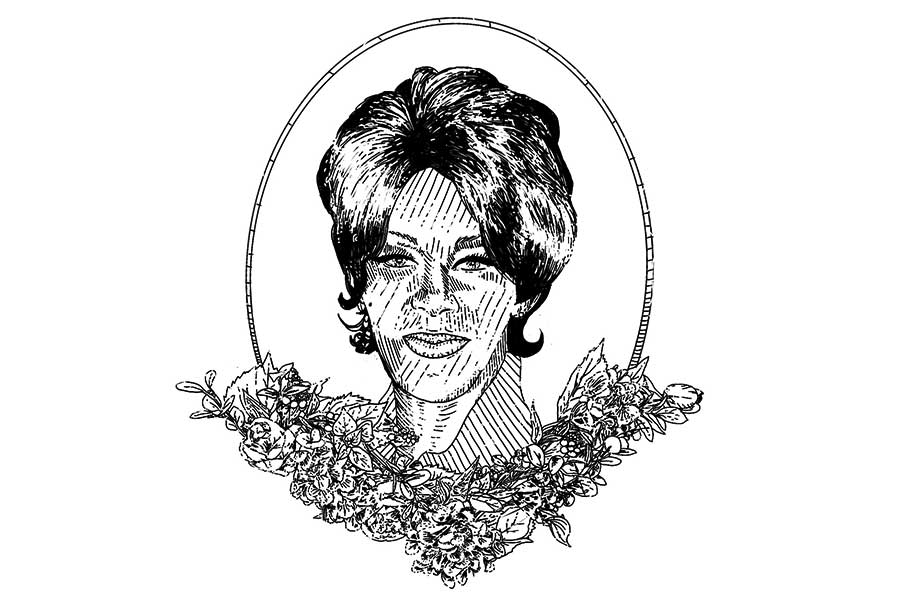After hearing 20 minutes of oral arguments last week, a Philadelphia judge denied trans attorney Julie Chovanes’ request for records at the Philadelphia District Attorney’s Office relating to the Nizah Morris incident.
In April 2018, Chovanes requested all records at the office relating to the Morris case, citing the state’s Right-to-Know Law. On Oct. 17, oral arguments were held before Common Pleas Court Judge Edward C. Wright.
Morris, 47, was a trans woman of color who was found with a fractured skull in 2002, shortly after getting a police “courtesy ride” from the area of 13th and Walnut streets to 16th and Walnut. Her homicide remains unsolved.
Assistant District Attorney Catherine B. Kiefer told Wright that state law prohibits the DA’s office from providing Chovanes with a copy of its Morris file. “Criminal files are not something we’re permitted to turn over,” Kiefer told the judge.
She said the Right-to-Know Law and the Criminal History Record Information Act preclude criminal records from being released to the public.
Kiefer also said the Morris homicide is “no different” than any other homicide handled by the DA’s office, as far as releasing records is concerned. However, Kiefer overlooked a 2008 court order signed by Common Pleas Judge Jane C. Greenspan, calling for transparency in the Morris case. The DA’s office is named explicitly in the order as an agency that should cooperate with transparency in the Morris case.
Chovanes emphasized her concern that Morris was killed while in police custody. She told Wright that the courtesy ride began around 3:15 a.m. Dec. 22, 2002, and passing motorists found Morris just 10 minutes later with a fatal head wound at 16th and Walnut.
Chovanes spoke passionately about the pervasive violence against trans people, particularly trans women of color.
Chovanes also said the DA’s office presented no evidence of an investigation into Morris’ murder. Chovanes noted that since the DA’s office isn’t investigating the matter, its Morris records should be publicly accessible.
But the judge appeared unpersuaded by Chovanes’ presentation. He expressed concern that people, whom he didn’t name, may be harmed if the DA’s Morris records were released. “We all have to live together in harmony in this city,” Wright said during the hearing.
His written ruling denying Chovanes’ open-records request was issued shortly after the hearing. It’s one sentence without any explanation. Chovanes said she’ll appeal the decision in Commonwealth Court.
Outside the courtroom, Christine Starosta, an advocate for Morris, said Chovanes’ presentation moved her. “I’ve attended several hearings on the Morris case,” Starosta said. “This was definitely the most moving one. Julie spoke from her heart. She cried for Nizah. That was a human touch that’s often missing in legal proceedings. Julie brought home all the pain and suffering that Nizah’s friends and family have gone through all these years.”

